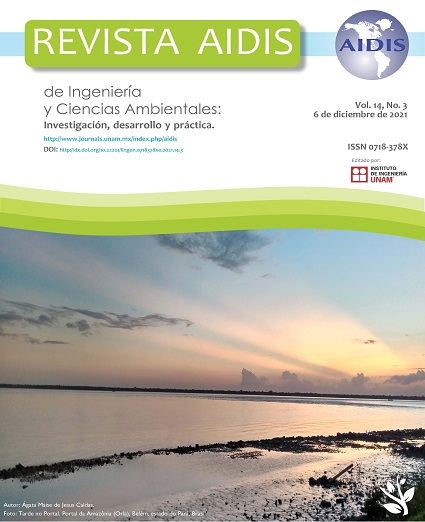BASIC SANITATION IN THE MUNICIPALITY OF CACOAL (RO) MULTI-ANNUAL PLAN, AN EVALUATION USING CLUSTER ANALYSIS
Main Article Content
Abstract
Due to the import role civil society plays in public management, the Multi-Annual Plan (MAP) is a management tool, indicated in the Federal Constitution, to plan and structure public actions. Considering that, this study aimed to identify the greatest demands of the 2018-2021 Multi-Annual Plan in the municipality of Cacoal, state of Rondônia, Brazil so that it could distinguish the regional similarities among the demands. The information was taken from the city hall website and tabulated in the Microsoft Excel program. To identify the similarity between the regions analyzed, data were organized according to the hierarchical clustering method using Statistica software. Initially, the elements were distributed according to their own pattern and, gradually, all the groupings created were intertwined in a single group, containing all the data. The results show that the major demands of the municipality are, in priority order, 1 – infrastructure improvements, 2 – creation of spaces for education, 3 – expansion of basic sanitation.
